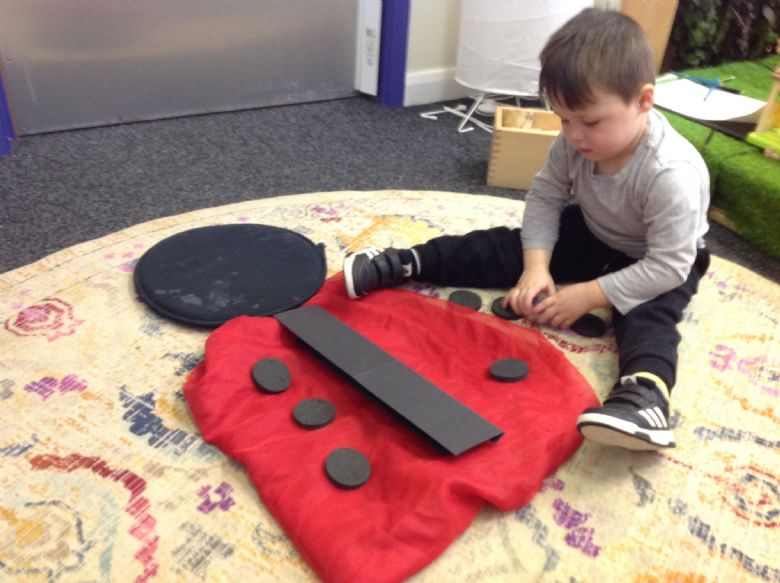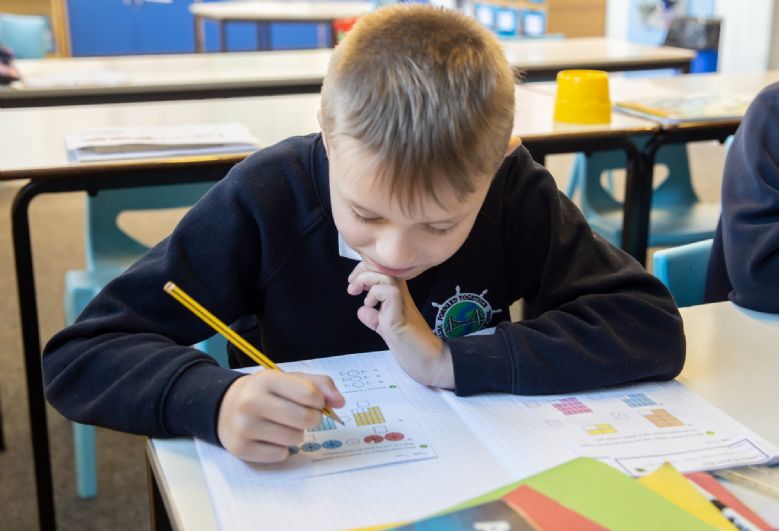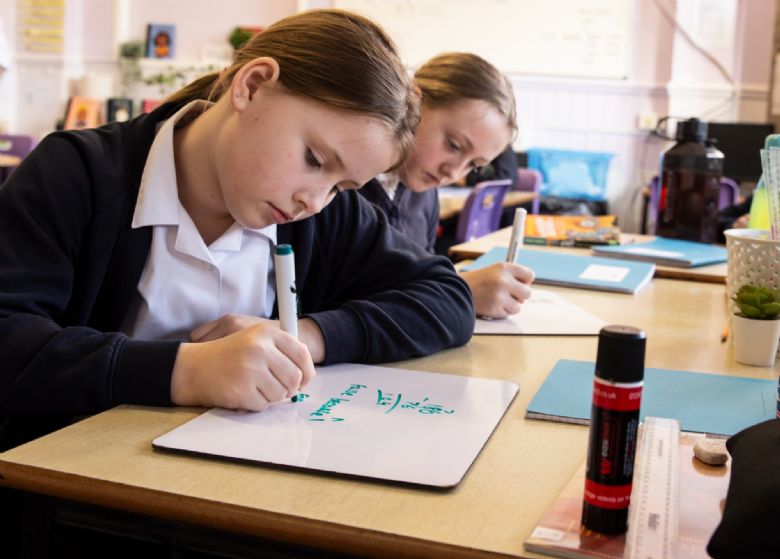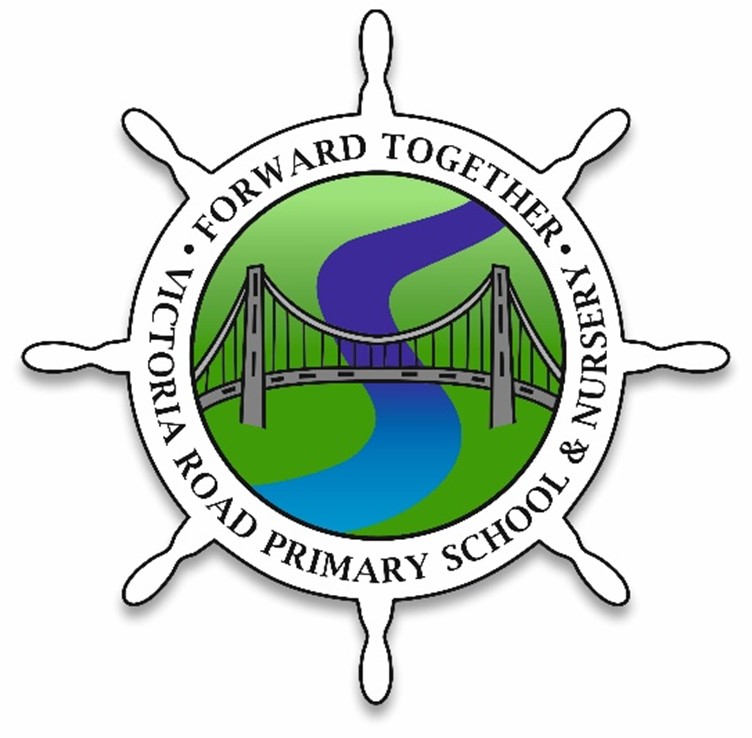Maths
Mathematics is essential for everyday life and understanding our world. It enables the development of pupil’s natural ability to think logically and solve puzzles and real-life problems. At our schools, we are passionate about providing our children rich and varied learning experiences that focus on the real, relevant and purposeful; these allow children to develop their skills and abilities to their full potential.

Intent
At Victoria Road Primary, we are passionate about our children learning basic mathematical skills, as well as developing the ability to reason and problem solve as they are important to everyday life – both now and in the future. We aim for our children to be enthusiastic about their maths lessons, developing positive attitudes towards mathematics in order to foster self-confidence and a sense of achievement. This is taught through a rich, progressive and sequential maths curriculum which gives all of our pupils, the knowledge, experiences and ‘cultural capital’ necessary to become educated citizens and to succeed in life. The mathematics curriculum equips pupils with a powerful set of tools that enable to them to thrive in the ‘real world’ and the confidence to apply themselves to change it through logical, mathematical reasoning. We do this at a minimum by covering the aims of the National Curriculum for maths, which ensure that all pupils:
- become fluent in the fundamentals of mathematics, including through varied and frequent practice with increasingly complex problems over time, so that pupils develop conceptual understanding and the ability to recall and apply knowledge rapidly and accurately.
- reason mathematically by following a line of enquiry, conjecturing relationships and generalisations, and developing an argument, justification or proof using mathematical language.
- can solve problems by applying their mathematics to a variety of routine and non-routine problems with increasing sophistication, including breaking down problems into a series of simpler steps and persevering in seeking solutions.

Implementation
At Victoria Road, we believe that all children can be successful in the study of mathematics. In order to achieve mastery, our expectation is that through quality first teaching, all our children will successfully access the learning. We expect the vast majority of pupils to move through the programmes of study at broadly the same pace. However, for children who lack fluency, we provide opportunities to consolidate their understanding through additional scaffolding (this could be through adult support, concrete resources or adapted work).
We understand the importance of basic skills in maths and emphasise the need for the children to be confident solving calculation questions and to be able to use known facts to solve questions effectively. As well as this, we believe that it is extremely important that all children are taught explicitly how to reason with mathematics and solve reasoning questions.
For the long-term plans, we use the White Rose Overviews and Schemes of Learning - this ensures that the National Curriculum is covered across the year and where the objectives will be taught is clear. The medium-term plans. that have then been checked by the Maths Lead, to ensure progression and small steps through the year, will support the short-term planning for teachers. Short-term planning will be in the form of flip charts which follow our school’s standardised proforma using a ‘I Do’, ‘We Do’, ‘You Do’ format with Steps to Success to support all learners achieve the learning objectives.
To ensure that the children are appropriately challenged, teachers create a range of questions using a range of contexts. These will include fluency challenges, varied fluency, reasoning questions, problem solving questions and ‘Challenge’ questions presented to children in different ways to demonstrate their understanding. Each child’s needs will be carefully thought about and scaffolds will be put in place to ensure that the quality first teaching is accessible to all. Children work independently or with their talking partners, to support their reasoning and new concepts are delivered through a series of different visual representations in the teaching phase and in the independent learning phase.
Times tables will be practised regularly in the classrooms and for homework from year 2 upwards. All children from Year 2 have a Times Tables Rockstars account for use at home and within school. The aim is for all pupils to be confident with all the times table facts by the end of year 4. Children in the younger years have access to Numbots both within school and for home learning. This is used to help them practise the 20 key skills through playing fun games.
Children in the Early Years experience practical mathematics daily through the environment which supports the continuous provision both inside and outside. The activities outside are changed weekly to allow for exploration which links to the learning happening inside the classroom, therefore, children playing outside are often immersed in mathematical play. Alongside this, number songs are an integral part of maths in the Early Years, building children’s repertoire through high engagement. This provision is complemented with adult directed maths sessions which build on children’s knowledge and skills across all aspects of maths: number; numerical patterns and shape, space and measure. Children have endless opportunities to practise, revisit and consolidate skills and develop their mathematical interests. Careful observation and assessment are used to inform future planning.

Impact
Children across the school have positive attitudes towards their learning in maths and make progress; they enjoy maths lessons and become confident and successful learners who can achieve regardless of their starting points. Teachers will use a range of formative and summative assessment in maths to assess the children’s understanding and what they need to do next. During the lesson, through live marking, questioning and tasks, teachers will check that the children have understood the concept and can apply it to different question types. The teachers and teaching assistants will assess the pupils’ achievements against the learning objective.
Throughout the year, teachers will revisit concepts they have already covered using the ‘Flashback’ materials from White Rose, which will support the children’s retrieval skills. The children will practise key skills and concepts through different topics and at the end of each term, the children will complete NFER testing (years 1, 3, 4 and 5) and practise SATs style assessments in year 2 and 6. These test results, along with the work and assessment from the term, will inform teacher assessment against the National Curriculum objectives.


